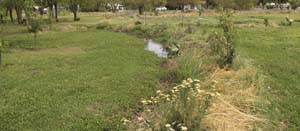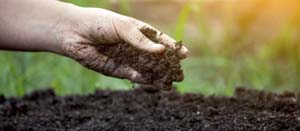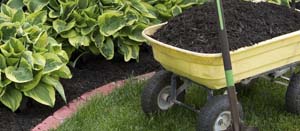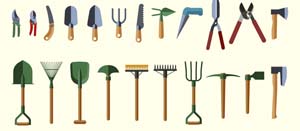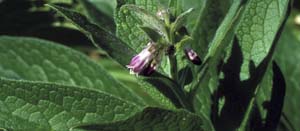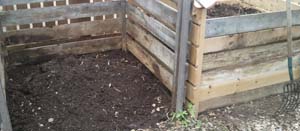SEARCH RESULTS > ARTICLES > Effective
Permaculture gardening is all about sustainable and regenerative practices, and one crucial aspect is water management. Efficient water harvesting techniques can help you make the most of this precious resource, ensuring a thriving and resilient permaculture garden. Here are some effective water harvesting methods to consider for your permaculture oasis. Learn More
Permaculture gardens thrive on the principle of working with nature, and at the heart of a successful permaculture garden lies healthy soil. Building and maintaining fertile soil is essential for sustainable gardening practices that promote biodiversity, water conservation, and overall ecosystem health. Learn More
A lush, vibrant garden begins with healthy soil. No matter how green your thumb may be, the quality of your soil plays a pivotal role in the success of your garden. To create a thriving garden, you need to build a solid foundation, and that foundation is healthy soil. One of the most effective ways to improve and maintain soil health is through composting. In this article, we'll explore the importance of soil health and delve into the world of composting, showing you how to transform your garden's foundation into a haven for your plant Learn More
Proper maintenance of your garden tools is essential to ensure their longevity, effectiveness, and your safety while using them. Here are some tips on how to maintain your garden tools. Learn More
Creating well-draining soil in your garden is essential for the health of your plants, as it allows excess water to move away from the root zone, preventing waterlogged soil. Here are steps to achieve well-draining soil. Learn More
Regulating the pH in your garden using organic methods is a sustainable and environmentally friendly way to ensure healthy plant growth. Here are several organic methods to adjust and maintain the pH in your garden: Learn More
Companion planting is a gardening practice where you strategically plant different types of crops near each other to take advantage of the potential benefits they can offer each other. This can include improving growth, deterring pests, enhancing flavor, and maximizing space. Here's why and how you can use companion planting in your garden. Learn More
Composting is a sustainable and eco-friendly way to recycle organic matter and create nutrient-rich soil for your garden. To help you get started, here's a guide to compost do's and don'ts. Learn More
